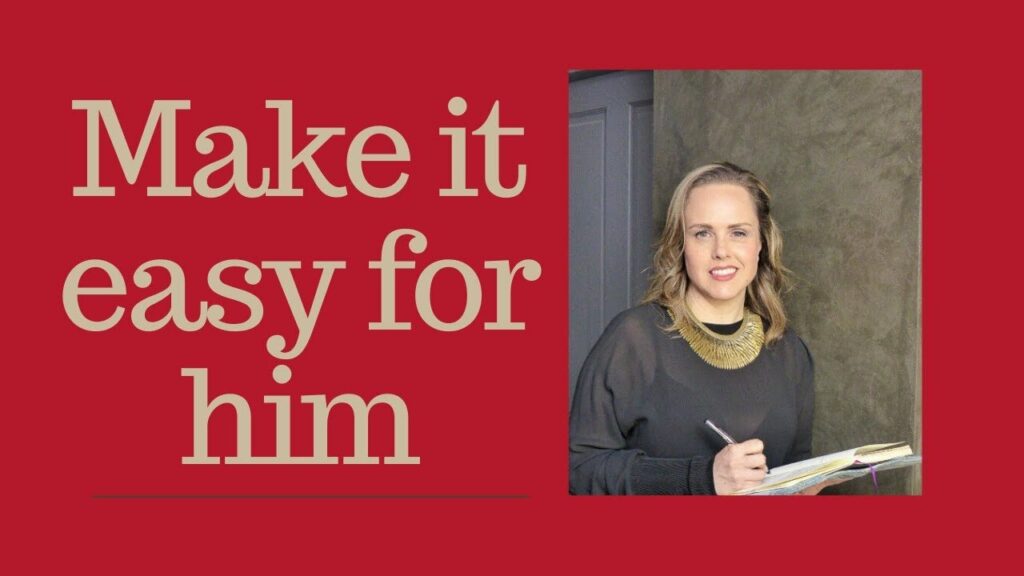Carla’s Story: A Weight of Expectation
When Carla and I began working together, she was in that tense place many of my clients know well — capable, in-demand, and absolutely overwhelmed.
She’s a senior manager in a large tech company and had just been asked to lead a high-profile project. Reframing stress was going to be a big part of work together. Indeed, her project was a huge opportunity — one she was actually uniquely qualified for. But that didn’t stop her feeling the weight of it.
At the start of our session, I asked what she wanted to focus on.
Carla replied, “I just need a plan. A way forward on this massive project!”
Within the first minute, I heard her say “should” three separate times.
“I should have made more progress by now.”
“I should already know what the team needs.”
“I should be able to map this out faster.”
So I gently paused her.
“Carla,” I said, “I keep hearing the word ‘should.’ What does that word mean to you?”
She gave me a look that said: Isn’t it obvious?
“There’s just a lot to do!” she laughed, almost apologetically.
Reframing Stress Starts with One Word
So I reassured her. Yes — she did have a lot to do. But I also shared that words matter.
Especially the ones we say to ourselves.
“I wonder,” I said, “what would happen if you changed should to could?”
Carla looked puzzled.
So I explained: ‘Should’ carries a weight of judgment. It’s loaded with pressure, expectation, and self-criticism.
‘Could,’ on the other hand, is a possibility. It invites choice.
She paused. Then tried it.
“Well,” she said slowly, “if I say I could map out the next stage of the project… it already feels a bit lighter.”
She leaned back. “It’s like now I have options. Not obligations.”
Language Shapes Leadership
That shift changed everything.
As we continued, we tried swapping in “I want to” as well. And that’s when she smiled.
“That’s even better,” she said. “No one’s forcing me to do this. I do want to lead this project. I do want to deliver something valuable.”
That’s when something clicked. Carla realised the pressure she was feeling didn’t come from her team or her stakeholders — it came from how she was talking to herself.
The people above her weren’t demanding perfection. They weren’t expecting her to have it all figured out.
They were asking for her perspective. Her leadership.
“They just want a direction — even if it’s just a starting point,” she said. “Something like a Minimal Viable Product, not a finished solution.”
We both smiled. The weight she’d been carrying? It wasn’t real. It was a story she’d been telling herself — and we’d just rewritten the ending.
Reframing Stress in Your Own Life
If you recognise yourself in Carla’s story, here are three ways to begin reframing stress in your own work:
- Pay attention to your language. Words like “should,” “must,” and “have to” create pressure.
- Try swapping them for “could,” “might,” or “want to.” See how it changes your outlook.
- Ask: If this didn’t need to be perfect — just helpful — how would I approach it differently?
- Want to Explore This More?
- This kind of reframing is a core part of my coaching work with women in tech and leadership.
- If you’d like to find your way out from under the “shoulds,” email me at for a free 45-minute call. Let’s explore what kind of pressure you’re carrying — and how language might just set you free.
- Resources to Support Your Reframing
- Here are three great articles to support your growth as a leader and help you reframe stress in your work:
- How to Practice Reframing During Stressful Situations at Work – Forbes Coaches Council
- Why Leaders Should Watch Their Language – Forbes
- What to Do When You’re Working for a Controlling Boss – Inclusiq



